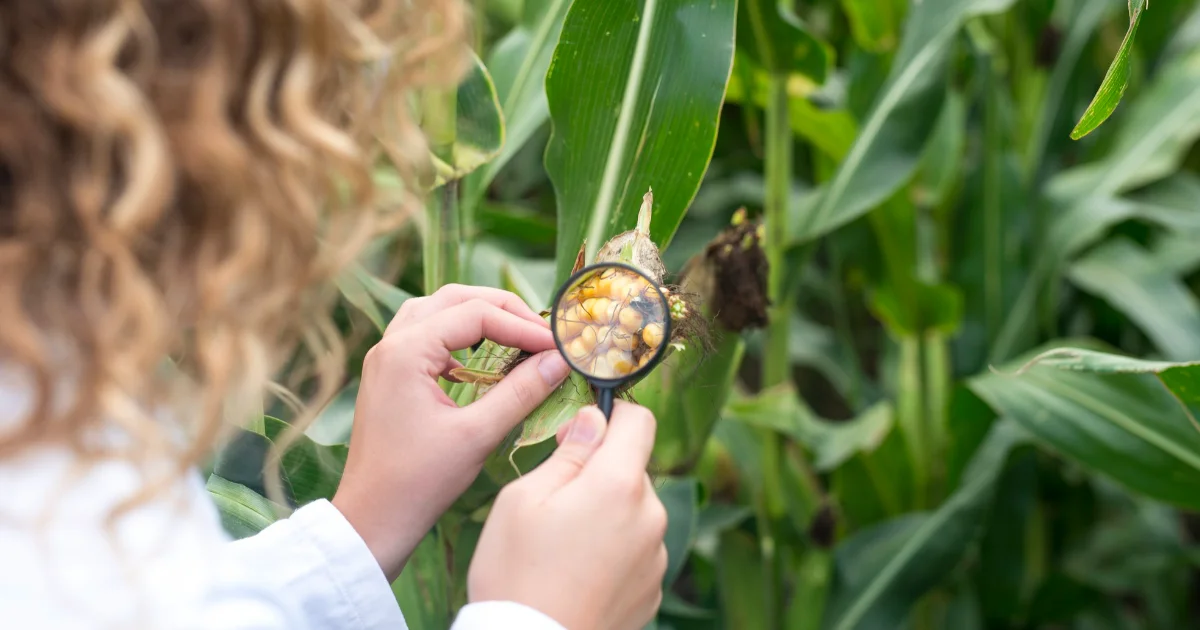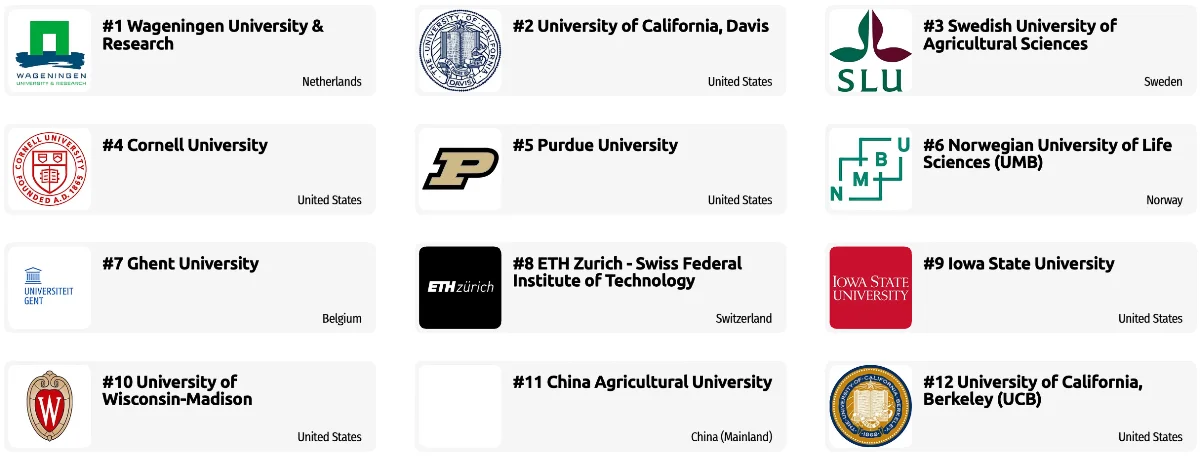Analyst

Analysts will often perform the following tasks:
- Identifying the underlying principles, reasons, or facts of information by breaking down information or data into separate parts.
- Using relevant information and individual judgment to determine whether events or processes comply with laws, regulations, or standards.
- Assessing the value, importance, or quality of things or people.
- Compiling, coding, categorizing, calculating, tabulating, auditing, or verifying information or data.
Supervisor

Any supervisor should excel at:
- Monitoring and reviewing information from materials, events, or the environment.
- Detecting or assessing problems whether real or potential.
- Monitoring and controlling resources and overseeing the spending of money.
Other work activities related to Agricultural technicians
- Assessing comparative soil erosion from various planting or tillage systems, such as conservation tillage with mulch or ridge till systems, no till systems, or conventional tillage systems with or without moldboard plows.
- Conducting studies of nitrogen or alternative fertilizer application methods, quantities, or timing for ensuring satisfaction of crop needs and minimization of leaching, runoff, or denitrification.
- Recording environmental data from field samples of soil, air, water, or pests for monitoring the effectiveness of integrated pest management (IPM) practices.
- Setting up laboratory or field equipment as required for site testing.
- Preparing laboratory samples for analysis, following proper protocols for ensuring that they will be stored, prepared, and disposed of efficiently and effectively.
- Examining animals or crop specimens for determining the presence of diseases or other problems.
- Collecting animal or crop samples.







